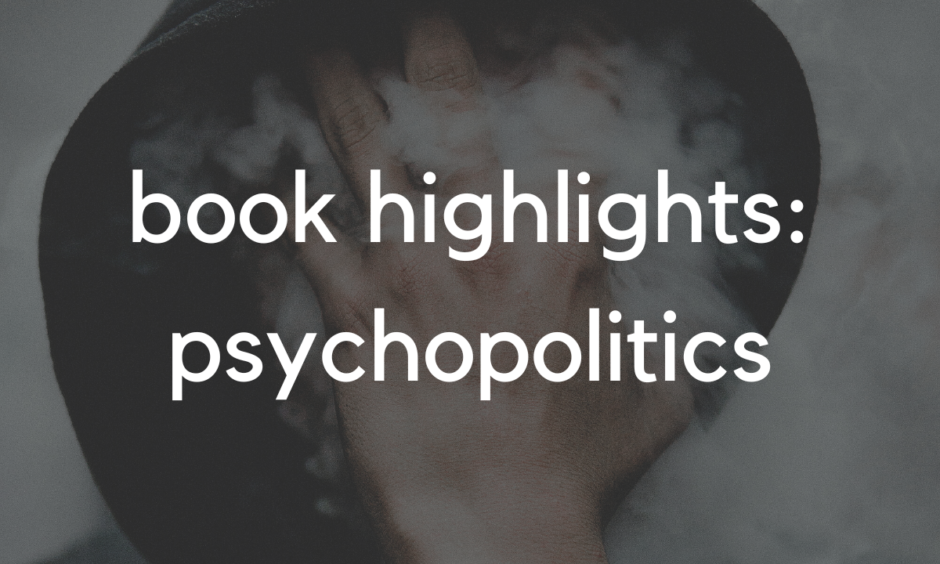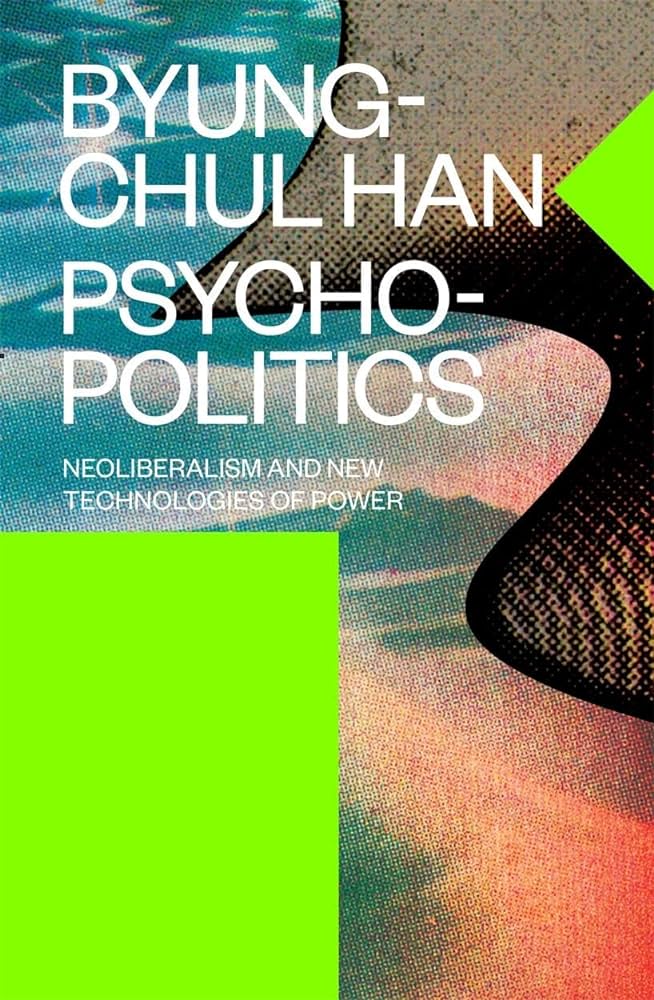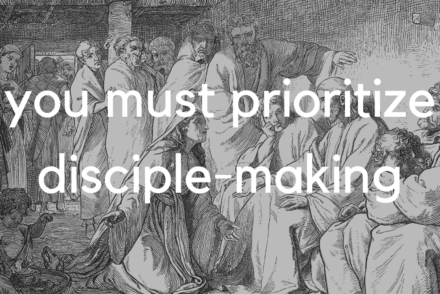I read a lot, and there’s so much great stuff out there to read that I’m going to start a series of blog posts sharing my top 5-10 highlights from my current reading.
Hopefully these posts will entice you to read more and give you insight into whether a particular book is worth reading or not.
Quotes
We are living in a particular phase of history: freedom itself is bringing forth compulsion and constraint. The freedom of Can generates even more coercion than the disciplinarian Should, which issues commandments and prohibitions. Should has a limit. In contrast, Can has none. Thus, the compulsion entailed by Can is unlimited. And so we find ourselves in a paradoxical situation. Technically, freedom means the opposite of coercion and compulsion. Being free means being free from constraint. But now freedom itself, which is supposed to be the opposite of constraint, is producing coercion. Psychic maladies such as depression and burnout express a profound crisis of freedom. They represent pathological signs that freedom is now switching over into manifold forms of compulsion.
As the entrepreneur of its own self, the neoliberal subject has no capacity for relationships with others that might be free of purpose. Nor do entrepreneurs know what purpose-free friendship would even look like. Originally, being free meant being among friends. ‘Freedom’ and ‘friendship’ have the same root in Indo-European languages. Fundamentally, freedom signifies a relationship. A real feeling of freedom occurs only in a fruitful relationship – when being with others brings happiness. But today’s neoliberal regime leads to utter isolation; as such, it does not really free us at all.
Neoliberalism makes citizens into consumers. The freedom of the citizen yields to the passivity of the consumer. As consumers, today’s voters have no real interest in politics – in actively shaping the community. They possess neither the will nor the ability to participate in communal, political action. They react only passively to politics: grumbling and complaining, as consumers do about a commodity or service they do not like.
Power operates more effectively when it delegates surveillance to discrete individuals. Like is the digital Amen. When we click Like, we are bowing down to the order of domination. The smartphone is not just an effective surveillance apparatus; it is also a mobile confessional. Facebook is the church – the global synagogue (literally, ‘assembly’) of the Digital.
As an ‘entrepreneur of himself’, the neoliberal achievement-subject engages in auto-exploitation willingly – and even passionately. The self-as-a-work-of-art amounts to a beautiful but deceptive illusion that the neoliberal regime maintains in order to exhaust its resources entirely.
today we do not consume things so much as emotions. The former cannot be consumed without end – but the latter can. Emotions assume dimensions beyond the scope of use value. In so doing, they open up a field of consumption that is new and knows no limit.
The imperative of the second Enlightenment declares: everything must become data and information. The soul of the second Enlightenment is data totalitarianism, or data fetishism. Although it announces that it is taking leave of all ideology, dataism itself is an ideology. It is leading to digital totalitarianism. Therefore, a third Enlightenment is called for – in order to shine a light on how digital enlightenment has transformed into a new kind of servitude.
The motto of Quantified Self is ‘Self Knowledge through Numbers’. But no insight into the self can result from data and numbers alone, no matter how exhaustive they are. Numbers do not recount anything about the self. Counting is not recounting. A sense of self derives from giving an account. It is not counting, but recounting that leads to self-discovery or self-knowledge.






No Comments